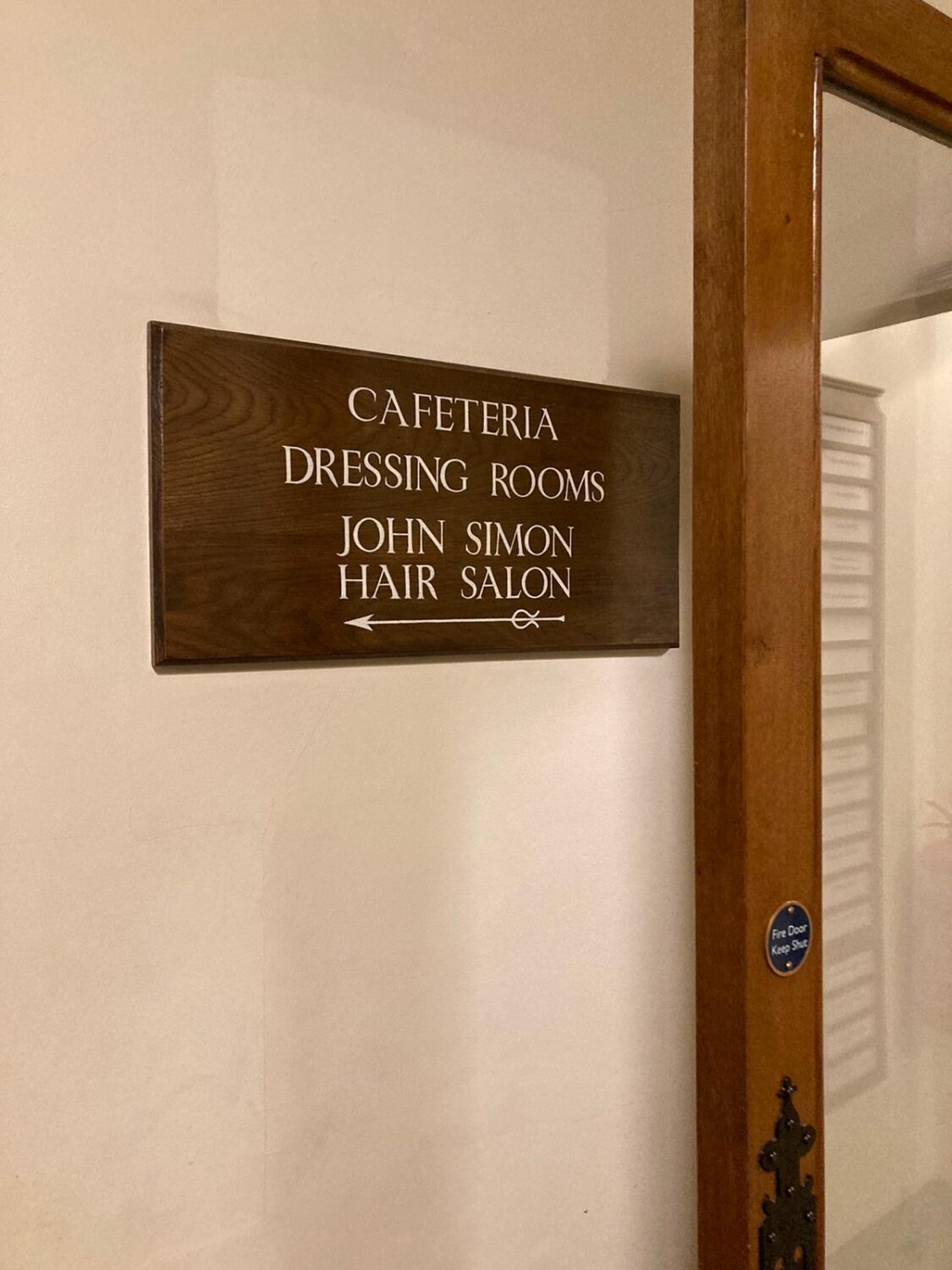

Sarah Childs
Professor of Politics & Gender
Royal Holloway, University of London
At a presentation of my The Good Parliament Report to undergraduate UK Parliamentary Studies students at the University of Manchester in 2017, I was robustly asked by a female student why, under Recommendation 38 and alongside a defence of ‘Lady Members rooms’, had I stated that ‘the House should ensure that the hairdressing salon is maintained’. In so doing, she argued, wasn’t I reinforcing the sexist standard that judges women for what they look like, over what they say and do? Wasn’t I – who was supposed to be challenging and breaking down unfair gendered expectations of women MPs – calling for the very provision of parliamentary facilities that reproduce gender hierarchies? Had the student read onto – and read into – the next sentence, she might have been more critical still: ‘In the absence of a reform of parliamentary hours, the provision of additional facilities on the estate might also be considered’. Hidden behind what was a purposefully opaque statement, was my sympathy for the provision of a nailbar and dry-cleaning service in addition to the hairdressers.
The Good Parliament (TGP) Report was never going to be a fantasy feminist report. It was always designed to be implementable, with recommendations that were realizable in the medium term. A shopping bag of 43, unranked recommendations were handed over to the Speaker, and the Commons Reference Group on Representation and Inclusion that he established and which I advised. Amongst and underpinning TGP’s recommendations, was a reconsideration of what the woman MP – and also the mother MP – might need from her Parliament, and a reflection upon what the Westminster Estate does and might provide, not least during and post R&R (restoration and renewal). It silences speak to what was too fantastical (too political) to ask for. This paper lays bare my reasoning for TGP’s recommendations which speak to aspects of parliamentary infrastructure – of buildings and of services; it offers a justification rooted in a reading of UK parliamentary politics where women remain the ‘female-politician-pretender’ and men, the ‘male-politician-norm’, and of parliaments as Houses for men, and only belatedly for (some) women.